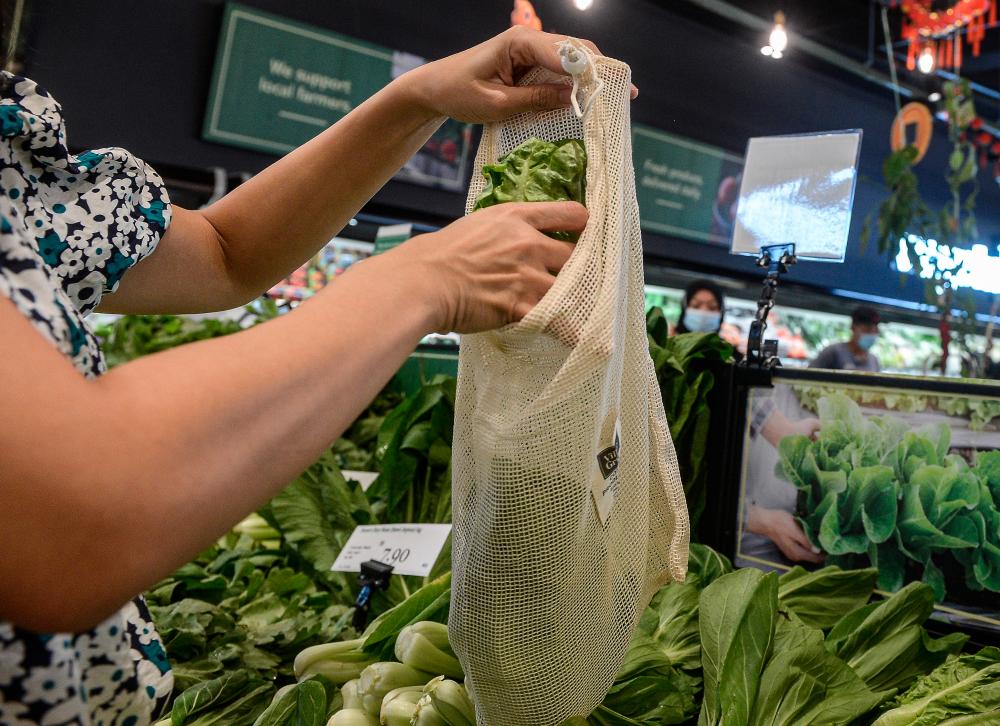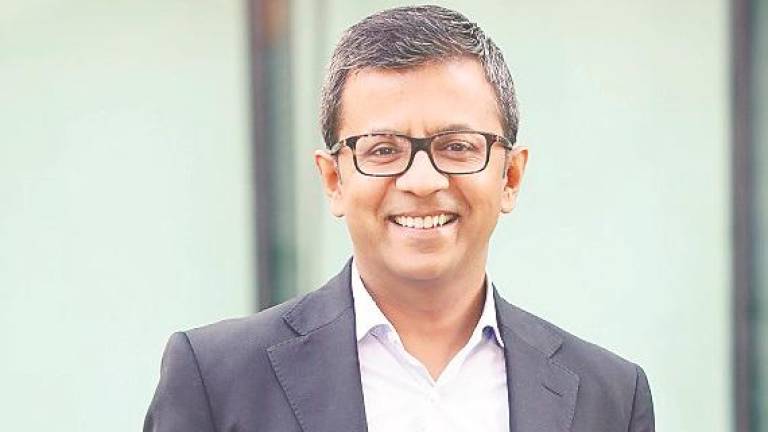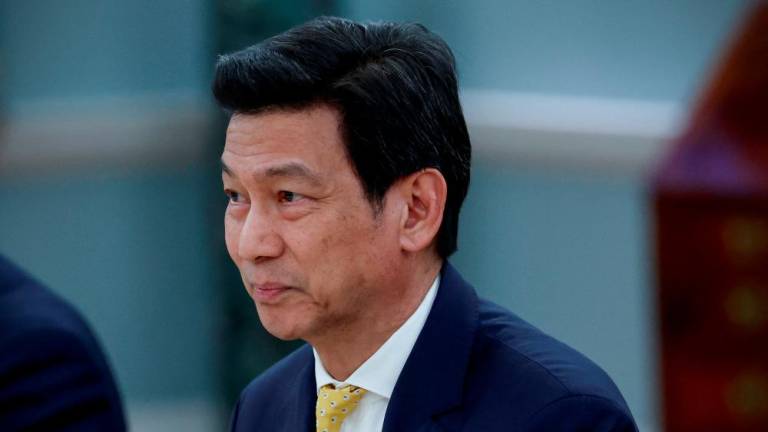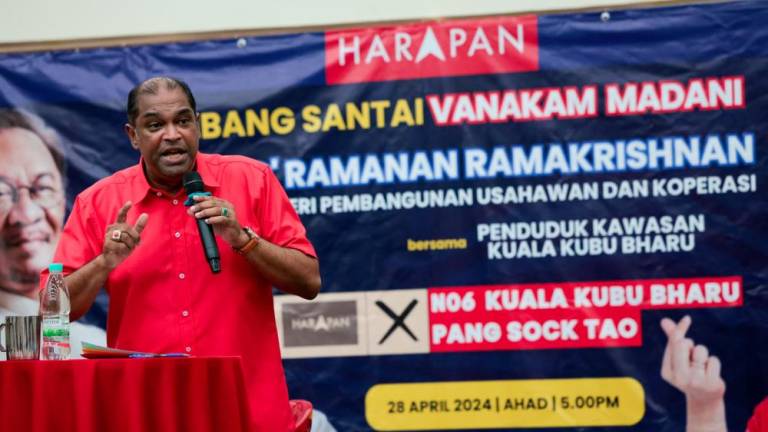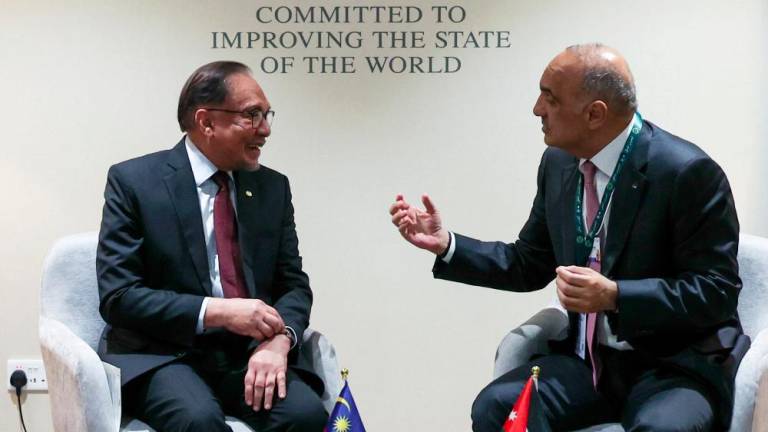GEORGE TOWN: Ninety-five per cent of Malaysians endorse transitioning from single-use plastic packaging to reusable and refillable alternatives, revealed a recent report by Greenpeace International.
The finding was released before the 4th Intergovernmental Negotiating Committee (INC4) meeting for a global plastics treaty in Ottawa, Canada, which is to be held from April 23 to 29.
It also disclosed 87% of Malaysians supported cutting plastic production to combat pollution and 86% advocated for protecting biodiversity and addressing climate change through reduced plastic production.
The report, which included 1,000 respondents across 17 cities in Malaysia, was part of a global survey commissioned by Greenpeace and conducted by Censuswide, with data collected between Feb 16 and 26.
Censuswide is an international market research consultancy headquartered in Clerkenwell, London.
Greenpeace Malaysia public engagement campaigner Hema Mahadevan said the sentiments of the people to combat plastic pollution were significantly stronger compared with global averages, adding that this is evidence of a pressing need for government intervention.
“The resounding support for reducing plastic production is a wake-up call to industries and policymakers. It is time to shift from a throwaway culture to a reuse and refill economy, in which products are designed for reuse and longevity. Scaling back production is a vital step towards a sustainable future and we have to act quickly.
“Since Malaysia has become a dumping ground for imported plastic waste, we are faced with significant challenges and more so since the country is a major player in the plastics manufacturing industry.
“The country is burdened with both legal and illegal dumping, with the struggling recycling industry adding to the problem. Landfills are filling up quickly, yet corporations resort to futile solutions, which do not properly address the core issue of waste management.
“Ineffective policies further exacerbate the plastic crisis, underscoring the urgent need for comprehensive action.”
Hema said Greenpeace Malaysia will send a letter to the relevant ministers urging them to use INC4 as an opportunity to complement nationwide efforts of curbing plastic pollution.
“We need to ensure the reduction of plastic production, instead of relying on stopgap measures such as penalties on plastic usage or turning to futile solutions such as biodegradable plastics.”
On April 1, Natural Resources and Environmental Sustainability Minister Nik Nazmi Nik Ahmad said laws related to plastic pollution will be reviewed, adding that the existing ones are “fragmented” due to reliance on local authorities for enforcement.



